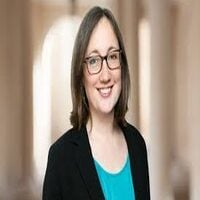
William Latimer-Sayer KC
‘William comes into his own on high value catastrophic injury claims. He effectively wrote the textbook on quantum and has unparalleled knowledge of the law of damages.’
Collated independently by Legal 500 research team.
KCs at the very top of their field, with a long-established record of market-defining cases, and widespread endorsement from clients and peers. All silks appointed in the last two rounds are listed further below.
KCs at the very top of their field, with a long-established record of market-defining cases, and widespread endorsement from clients and peers. All silks appointed in the last two rounds are listed further below.


Leading juniors are those with significant experience of key cases, strong market recognition from both peers and clients, and are seen as future candidates for silk.